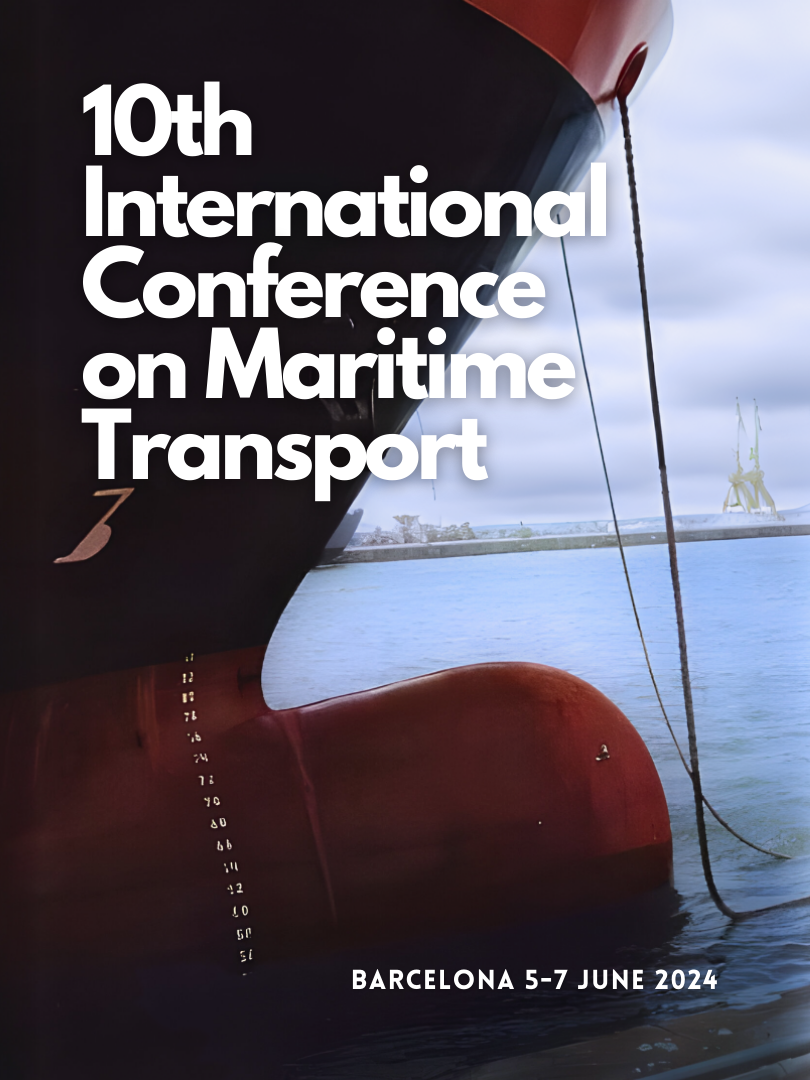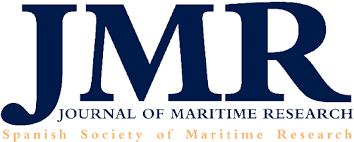ON-BOARD EMISSION MEASUREMENTS ON SHIPS: LESSONS LEARNED, PRACTICAL CHALLENGES, AND OPPORTUNITIES
DOI:
https://doi.org/10.5821/mt.12825Keywords:
Emission measurements, maritime transport, ship emissions, voyage data, FuelEU maritimeAbstract
In the future, the need for on-board emission measurements in ships will increase. For example, the FuelEU Maritime regulation obliges certain emission components of renewable fuels to be measured. In some instances, the shipowner can utilize measured emission factors instead of constant values, provided the measurement values are better. This has a growing economic importance in terms of regulations or emissions trading. The same applies to subsequent updates of regulations. The emission measurement laboratory of the South-Eastern Finland University of Applied Sciences called Kymilabs has almost 30 years of experience in measuring ship emissions. Until now, on-board emission measurements have been conducted in addition to research activities due to the statutory obligations of shipowners or equipment suppliers regarding occasional or system commissioning measurements. The systems of newer ships enable the recording of voyage data on a larger scale, so the usability of the measurement results increases considerably for shipowners or scientists. The emission measurement standards set many boundary conditions. Still, successful measurements in ships also require solving many practical but remarkable challenges related to technical execution, measuring equipment, equipment cleanliness, and the ship as a functional and social environment. The objective of this paper is to analyze the gathered experiences and tacit knowledge about issues that should be considered when implementing emission measurements. This is a crucial factor when planning measurements, analyzing, or learning about the results, and it has a significant impact, e.g., developing regulations or requirements and other boundary conditions based on the research work. This paper creates an overview of the technical, experimental, and social aspects related to the measurement process, with the aim of increasing a comprehensive and holistic understanding of the issues that directly or indirectly affect measurement results.













